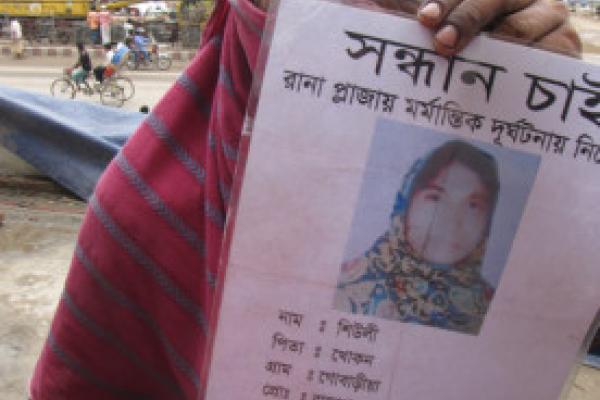Just two more months, the daughter promised her mother by telephone, then she’d be home for good.
Making shirts in this packed metropolis of 12 million people, Sheuli Akhter, 20, made decent money — about $140 a month — by the impoverished standards of rural Bangladesh. But she missed the family benefiting from the wages of her hard work.
Her mother, Ranjana Akhter, was found sobbing near the rubble of the Rana Plaza factory where her daughter worked, days after the eight-story complex collapsed and killed more than 1,100 workers. Viewing dozens of corpses a day, the 35-year-old woman still hoped her daughter had somehow survived.
The victims retrieved from the debris were crushed and unrecognizable in the South Asian heat.
“I am looking for her body, but they are all decomposed now. It’s getting harder to identify,” said Ranjana Akhter, tears falling from her eyes.
The scale of the mismanagement and breadth of the human tragedies in Bangladesh powerfully illustrated what years of abuse, inhumane conditions, and unthinkable danger could not: Garment workers in Third World countries take enormous risks to earn a living in Bangladeshi-owned companies that produce clothing for Western retailers.
Read the Full Article

